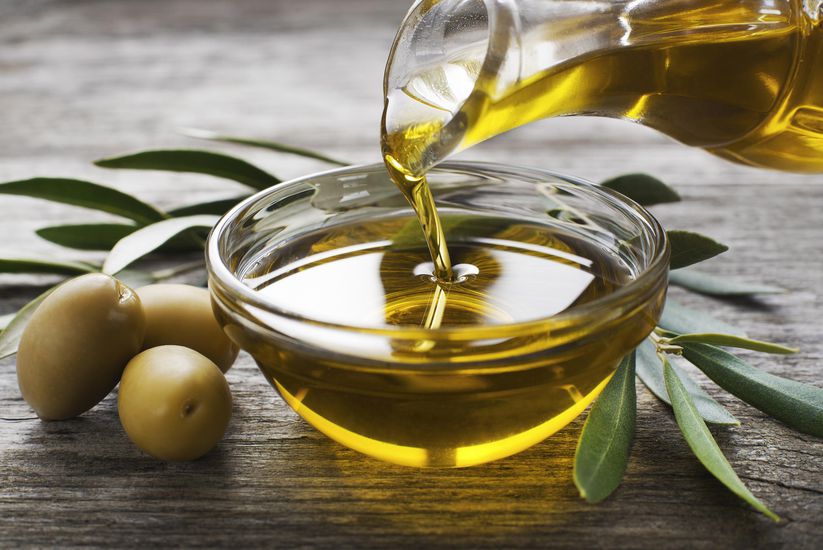Organic vs. Conventional
Unlike food labels such as "natural" and "free range," use of the word "organic" is strictly regulated. The U.S. Department of Agriculture certifies products as organic if they meet a set of standards, including, but not limited to, using 100 percent organic feed for animals and zero use of synthetic fertilizers, certain pesticides, and genetically modified organisms for fruits and vegetables. Organic proponents generally tout benefits such as higher nutritional value and better taste; less contamination from toxins, chemicals, and antibiotic-resistant bacteria; and less damage to the environment. These claims are hard to verify and are subject to much debate. One factor about which there is no doubt: Organic products typically cost more. Is organic worth it?



















